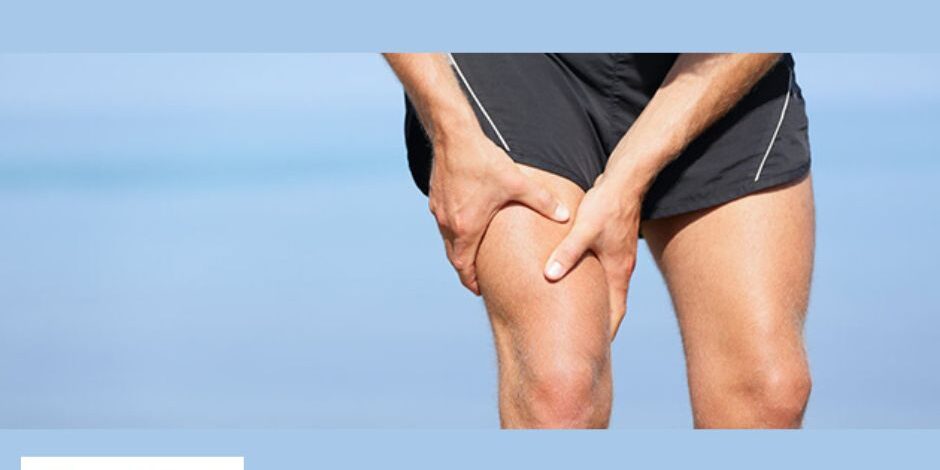As the health and fitness industry in India evolves, professionals are increasingly seeking advanced therapeutic techniques to stay competitive and deliver exceptional care. One such technique that has gained considerable traction is Instrument Assisted Soft Tissue Mobilization (IASTM). Whether you’re a physiotherapist, chiropractor, sports therapist, or fitness trainer, investing in the right IASTM course in India can significantly enhance your treatment arsenal.
But with so many options available, how do you choose the best course that meets your professional goals? In this guide, we break down the process into actionable steps to help you make an informed decision.
Understand What IASTM Is and Its Benefits
Before enrolling in a course, it’s crucial to understand what IASTM entails. It is a manual therapy technique that uses specialized instruments to diagnose and treat soft tissue restrictions. Benefits include:
-
Faster recovery from sports injuries
-
Improved range of motion
-
Enhanced blood flow and tissue healing
-
Reduced pain and inflammation
IASTM is particularly useful for athletes, post-op patients, and individuals dealing with chronic musculoskeletal conditions.
Identify Your Career Goals and Specialization
The right IASTM course should align with your current practice and future aspirations. Are you a physiotherapist aiming to expand into sports rehabilitation? A fitness trainer looking to offer therapeutic services? Or a chiropractor exploring integrative techniques?
Clarifying your professional goals will help you choose a course that’s not only relevant but also adds tangible value to your services.
Check Accreditation and Course Credentials
When researching IASTM courses in India, always verify the course’s accreditation. Look for programs that are:
-
Recognized by professional physiotherapy or rehabilitation bodies
-
Conducted by certified instructors with practical experience
-
Offering internationally accepted certifications
An accredited course ensures that the curriculum is standardized and respected in the global healthcare community.
Evaluate the Course Content and Structure
Not all IASTM courses are created equal. Some focus more on theory, while others emphasize hands-on application. Ideally, a comprehensive program should cover:
-
Biomechanics and anatomy
-
IASTM instrument handling techniques
-
Treatment protocols for various conditions
-
Live demonstrations and supervised practice
-
Case studies and real-world applications
Ask for a detailed syllabus or course breakdown to assess its quality.
Look Into the Training Format: Online vs. In-Person
In today’s digital world, many providers offer IASTM courses online. While convenient, online courses may lack the hands-on practice necessary for mastering techniques. Conversely, in-person workshops provide direct feedback, peer interaction, and practical exposure.
Hybrid models that combine online learning with in-person training can offer the best of both worlds. Choose a format that suits your learning style, schedule, and budget.
Consider the Instructor’s Experience and Expertise
The instructor’s background can significantly impact your learning experience. Look for trainers who:
-
Have years of clinical experience in physiotherapy, chiropractic care, or sports rehab
-
Hold certifications from reputed IASTM organizations
-
Have trained a large number of professionals successfully
Do your research—check LinkedIn profiles, testimonials, or previous course reviews.
Compare Pricing and Value for Money
IASTM course fees in India vary based on factors such as location, instructor reputation, course duration, and certification value. While budget is important, avoid choosing a course solely based on price. Instead, assess the overall value:
-
Is the course comprehensive?
-
Are instruments included?
-
Will you receive post-course support or mentorship?
Investing in a high-quality program will pay off in long-term professional gains.
Read Reviews and Ask for Recommendations
One of the best ways to gauge course quality is by reading testimonials or speaking to past attendees. Ask colleagues in your network or join professional forums where health and fitness experts discuss training options.
Real feedback often reveals strengths and weaknesses that marketing materials may not disclose.
Ensure Post-Course Support and Resources
A good IASTM course in India should offer more than just certification. Post-course support like downloadable manuals, refresher sessions, and access to a community of practitioners can be immensely valuable.
Continuous learning and access to updated resources will keep you ahead in your practice.
Choose a Reputed Provider: Trust e-PhysioNeeds
If you’re looking for a trusted platform that offers evidence-based IASTM courses tailored for Indian health and fitness professionals, look no further than e-PhysioNeeds.
Why e-PhysioNeeds?
-
Certified and experienced instructors
-
Hands-on training with high-quality IASTM tools
-
Comprehensive, up-to-date curriculum
-
Flexible learning formats (online and in-person)
-
Trusted by hundreds of healthcare providers across India
Whether you’re just starting or looking to upskill, e-PhysioNeeds offers the right blend of theory, practice, and professional development to help you thrive.
Final Thoughts
Choosing the right IASTM course in India requires careful planning and research. From evaluating accreditation and course content to understanding your learning preferences, each step plays a vital role in maximizing your return on investment.
By following this guide, you can make a well-informed decision and confidently integrate IASTM into your practice—enhancing outcomes for both you and your clients.
